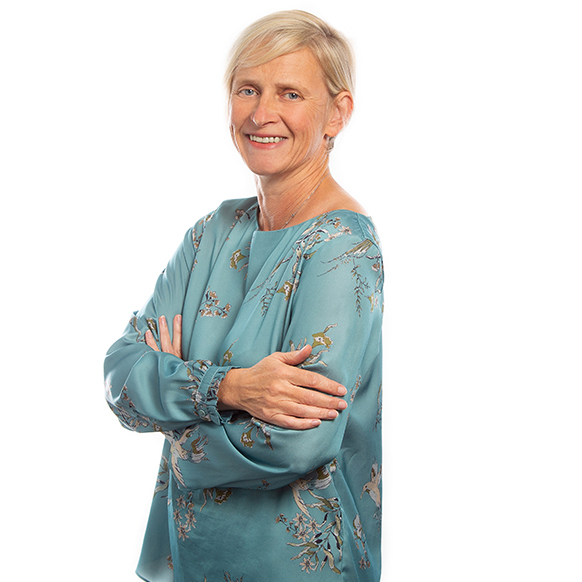Higher interest rates are creating VAT risks
With the current high levels of interest rates, solicitors and others holding client funds on deposit are receiving significant amounts of interest.
Whilst much of this may be passed on to clients, HMRC do not allow netting off in the business’ partial exemption calculations. They also argue that the interest received is a function of the solicitor’s business activity and cannot be disregarded as incidental. All this means that solicitors are at risk of seeing their VAT recovery on overhead costs restricted. If they have not already disallowed a proportion of input tax, they could be liable for error assessments and penalties.
HMRC are increasingly scrutinising VAT returns
Although we have yet to see a slew of Tribunal cases on the subject, anecdotally we understand that HMRC have been challenging firms’ VAT returns and penalising them for overclaiming.
Any business with a mixture of taxable and VAT exempt income, such as fees and interest, must monitor the comparative levels of those types of income and adjust the amount of VAT they claim accordingly. These Partial Exemption calculations need to be reviewed annually following the end of the spring VAT quarter. If the amount of exempt income is minimal, the amount of irrecoverable VAT is de minimis and the restriction can be ignored. With high levels of interest being received, it is increasingly likely that the de minimis levels will be exceeded and therefore a portion of VAT on overhead costs should not be recovered.
Standard method must still produce a fair result
The overarching requirement for VAT recovery is that it is fair and reasonable, so if the standard method of calculating produces an unfair result, businesses may be able to use an override if the amounts are significant, or they can ask HMRC to agree that a special method can be used.
Prepare for HMRC’s interpretation of interest income
Whilst solicitors will see the interest they receive is entirely passive, HMRC will cite case law to defend their view that it is a direct, permanent and necessary extension of the business, being an essential part of the business of solicitors’ practices. Large practices, with more than £50,000 of VAT on their overhead costs, may be able to involve the standard method override to produce a reasonable outcome, otherwise a special method which fairly represents how costs are actually consumed is required. As a special method cannot be applied for retrospectively, it is essential for Solicitors and others receiving interest on funds to address the matter proactively.


